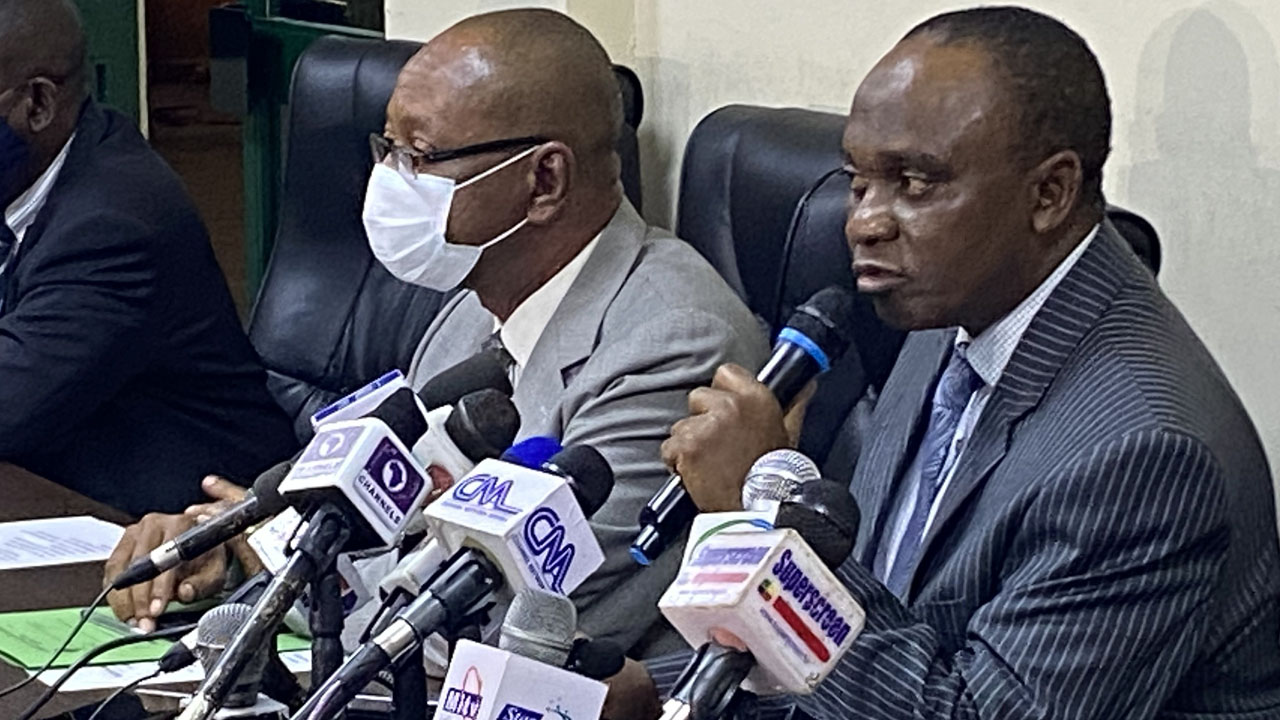NEWS
How CAC made ₦19B in 2020 – Registrar-General explains

Alhaji Garba Abubakar, Registrar-General of the Corporate Affairs Commission (CAC), has said the organisation raked in over ₦19 billion as Internally Generated Revenue (IGR) last year.
Abubakar revealed this in an interview with the News Agency of Nigeria (NAN) on Wednesday in Abuja. According to him, in spite of the COVID-19 pandemic that affected economic activities, the commission recorded increase in the registration of businesses and other corporate entities during the year.
“The year 2020 was one of our best years in terms of revenue generation as we recorded a surge in registration above the previous year.
“We had a revenue target of N18.2 billion, but we closed here with over N19 billion. For the first time in the last 10 years, we are able to give more money to the Federal Government in terms of operation surplus.
“We are hoping that we will meet our target for 2021 because where there is increased compliance by customers, there will be an increase in the revenue for government.
“Transactions are now easily carried out with the electronic system, as you pay through the remittal on our portal, without paper works,” he said.
He expressed the hope that the commission would surpass the N20 billion revenue target this year by leveraging on electronic systems transactions for most of its operations. Abubakar, who was appointed to head the CAC on Jan. 7, 2020 by President Muhammadu Buhari, said the commission had undergone some reforms in the past one year.
According to him, the commission has successfully embedded the Federal Inland Revenue Service (FIRS) Tax Identification Number (TIN) on the certificate of registration for companies through the existing FIRS stamp duty portal.
He said that the commission had commenced the implementation of the Companies and Allied Matters Act, 2020 (CAMA 2020) with the introduction of a new self-service portal that allowed for end-to-end electronic submission by customers.
He said that the new CAMA provided a robust framework towards reforming identified legal, regulatory and administrative bottlenecks, which had hitherto slowed down the wheel of doing business for over three decades.
The Registrar-General, however, noted that inherited financial liabilities and the COVID-19 pandemic were some of the challenges he faced in steering the affairs of the organization in the past year.
“The challenges we had last year was the inherited liabilities, as I took over with over N6 billion liabilities, and also had challenges of service delivery because of the COVID-19 restrictions.
“Before the COVID-19 pandemic, we were registering company and business names within 24 hours, but the pandemic and the various restrictions to curb the spread of the disease affected our service delivery,” he said.
Abubakar said that part of the commission’s agenda for 2021 was to build stronger collaborations with relevant agencies and intensify the enforcement of the provisions of the new CAMA.
He tasked all registered entities on compliance with the new law in terms of filing their annual returns and other statutory duties to the commission.
According to him, with the new law it is now easier for companies to file their returns without going through any lawyer, accountant or chartered secretary.
“With the new portal a company can decide to have its own electronic account that will allow it to make all its fillings directly. The new portal also shows at a glance the status of a company, whether it is active, dormant, receivership or liquidation.
“We have given access to most government agencies and foreign missions in Nigeria to confirm the status of companies and we will continue to do that.
“Before they deal with any registered company, they will verify if such company is actually an active company and whether the information provided by such company is consistent with the CAC records,” he said.
Abubakar said the commission was working out modalities for granting amnesty on annual returns to companies and other registered entities and it would be announced before the end of the first quarter of this year.



